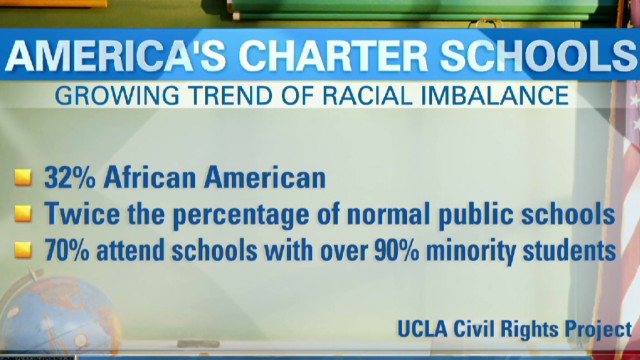Behind the $35 Million Gift to Launch a Charter School in a Struggling City
The Charles Stewart Mott Foundation recently pledged $35 million to build and launch a charter school in Flint, Michigan. The K-8 school eventually will be located on the grounds of the Flint Cultural Center and enroll up to 650 students, who will have access to the institution's offerings, including the art and music museums, the public library and the planetarium.
It’s a large gift from a funder that doesn’t see itself as a backer of the charter movement. But the opportunity presented to help create the Flint Cultural Center Academy was too promising to pass up, said Neal Hegarty, the foundation’s vice president of programs.
“To be clear, the foundation isn’t supporting a charter school movement in Flint,” Hegarty said. “We’re supporting the development of a specific charter school that will enable students to benefit from the expertise and amenities available through the Cultural Center institutions. There’s nothing else like it in our region, and we think kids in Flint and Genesee County deserve to have that kind of unique learning opportunity.”
As we've reported, Mott is best known within K-12 circles for investing in after-school programs. It's been a pioneering leader in this space for decades and remains a stalwart after-school funder. In turn, this work is part of a broader education portfolio that also includes youth engagement, which the foundation defines as supporting meaningful ways for kids to participate in school, communities and economies. The access students at the new charter school will have to the neighboring cultural institutions fits with that goal.
At first glance, $35 million seems like a large gift. And it is—it’s more than half the funds Mott as put into Flint’s education system since 2016—but it’s proportionate to the costs of building a school from the ground up, Hegarty said. The gift covers the price of designing, building and outfitting the school. The foundation wanted to cover the full cost, so that Flint’s cultural institutions wouldn’t have to find additional donors.
The school will join the city’s robust charter ecosystem. More than half of Flint’s students attend charter schools, according to numbers released by the National Alliance for Public Charter Schools in 2017. At 55 percent in charter schools, Flint beat out neighboring Detroit for the highest percentage of students enrolled in charters. Nationally, the city is second only to New Orleans, which replaced its traditional public school district entirely with charter schools following Hurricane Katrina.
Hegarty attributes the high enrollment to a few different factors, including state-level policies, family preference and fall-out from the water crisis. Despite the higher than usual charter enrollment, Mott doesn’t prioritize charters in its Flint-based education giving, he said.
“In Flint, the Mott Foundation is working to strengthen the entire education continuum—from cradle to college and career. We support educational opportunity in many different forms, including early childhood Continue reading: Behind the $35 Million Gift to Launch a Charter School in a Struggling City — Inside Philanthropy







